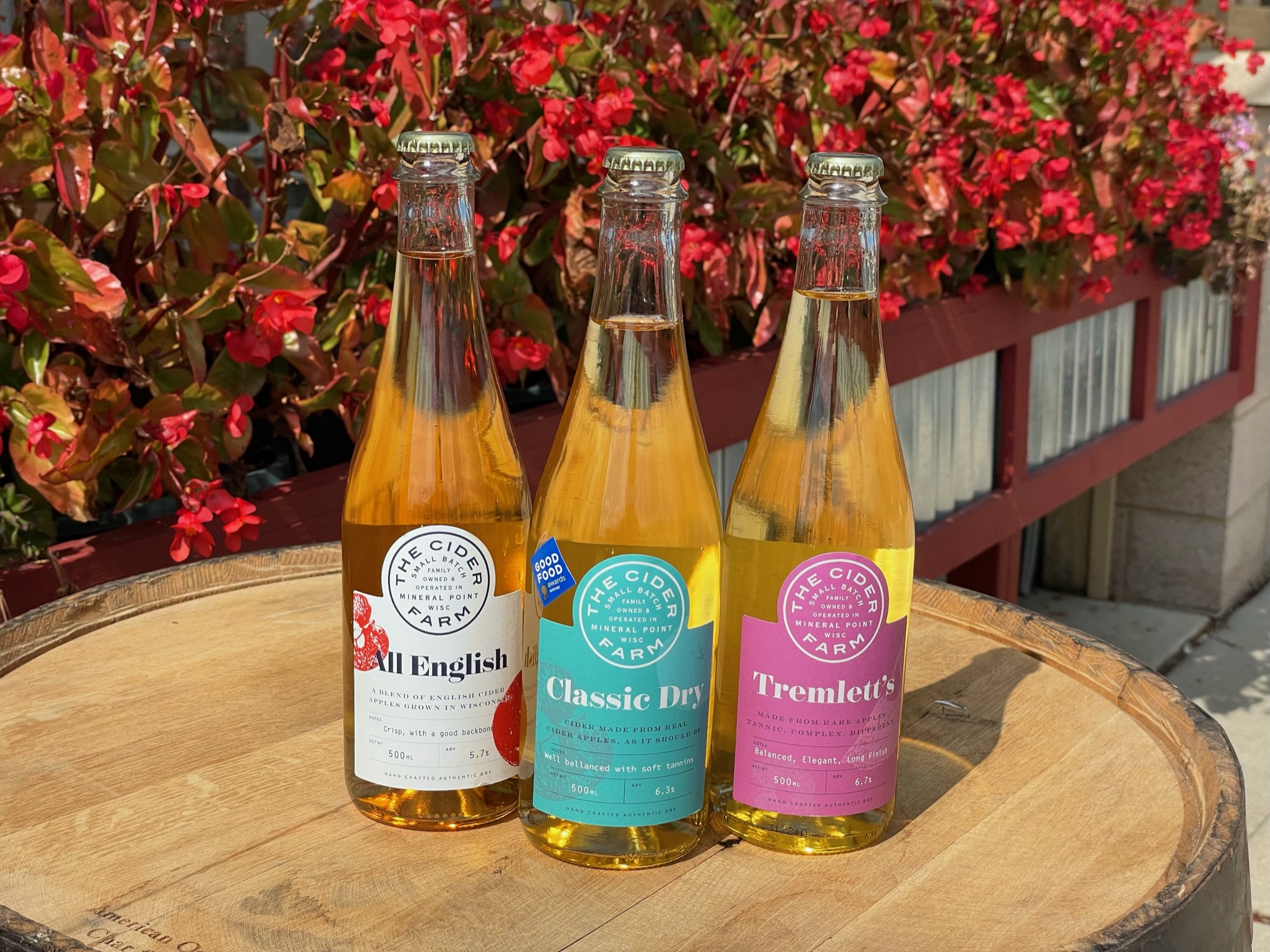Although cider is an ancient beverage that dates back to the Roman empire, the cider industry has experienced a rebirth in recent years, driven by a growing customer base for the “hard” (alcohol-based) version. Prophecy Market Insights forecasts a 3.7% compound annual growth rate for the global cider market over the next several years, pushing yearly sales above $6 billion by 2030.
On a micro level, the hard cider market in beer-and-cheese-loving Wisconsin has seen particularly rapid growth. According to WisCONTEXT, more than a dozen small producers have launched across the state over the past several years, making Wisconsin part of a “growing movement to revive this once-popular beverage.”
One business taking part in that movement is The Cider Farm, which began producing ciders and apple brandy nearly two decades ago on acreage in the southwestern corner of the state.
The company specializes in organically grown English and French cider apples with tannins, naturally occurring phenolic compounds found in hard cider, wine, and other alcoholic beverages.
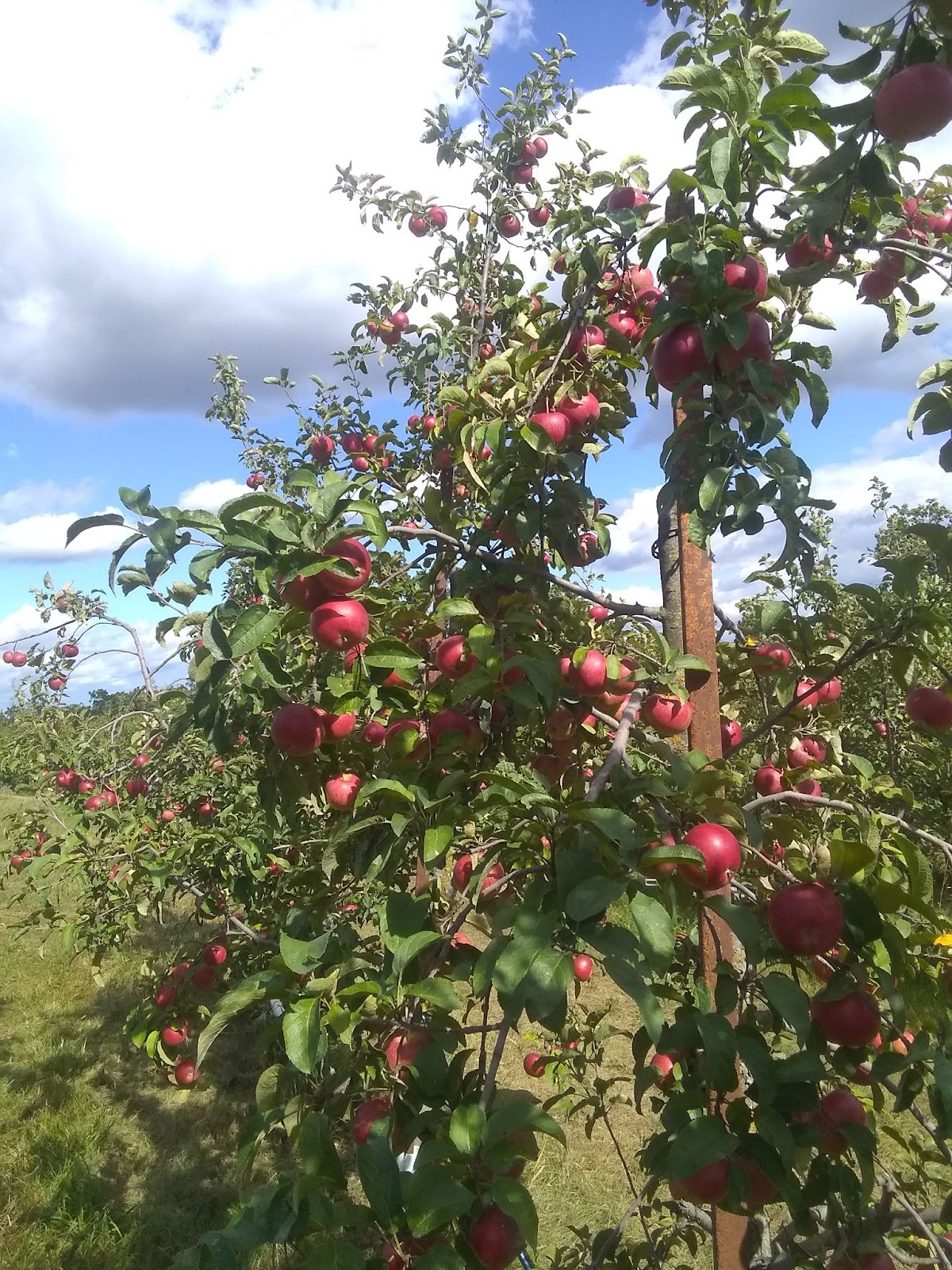
Photo Courtesy The Cider Farm
The Cider Farm lays claim to producing the country’s only apple brandy made with “certified organic, true cider apples.” According to John Biondi, its proprietor, the 166-acre operation also boasts the largest collection of organically grown true cider apples in the United States.
One of the guiding principles of The Cider Farm — listed among its six core values — is to
“cultivate nature” by working in harmony with the environment. This principle involves fostering healthy soil, trees, and wildlife and minimizing the company’s impact on the planet.
“We manage the entire farm sustainably — not just the organic orchard portion,” Biondi told The Business Download.
“We have 35 acres of organic prairie, 65 acres in the Managed Forest Law program, 35 acres of natural sedge meadow, and most of the rest of the farm in the Conservation Reserve Program.”
According to a profile published by the American Cider Association, he and his wife, Deirdre Birmingham, started The Cider Farm in 2003. Birmingham, who has three degrees in agriculture, manages the orchard, while Biondi handles the business side.
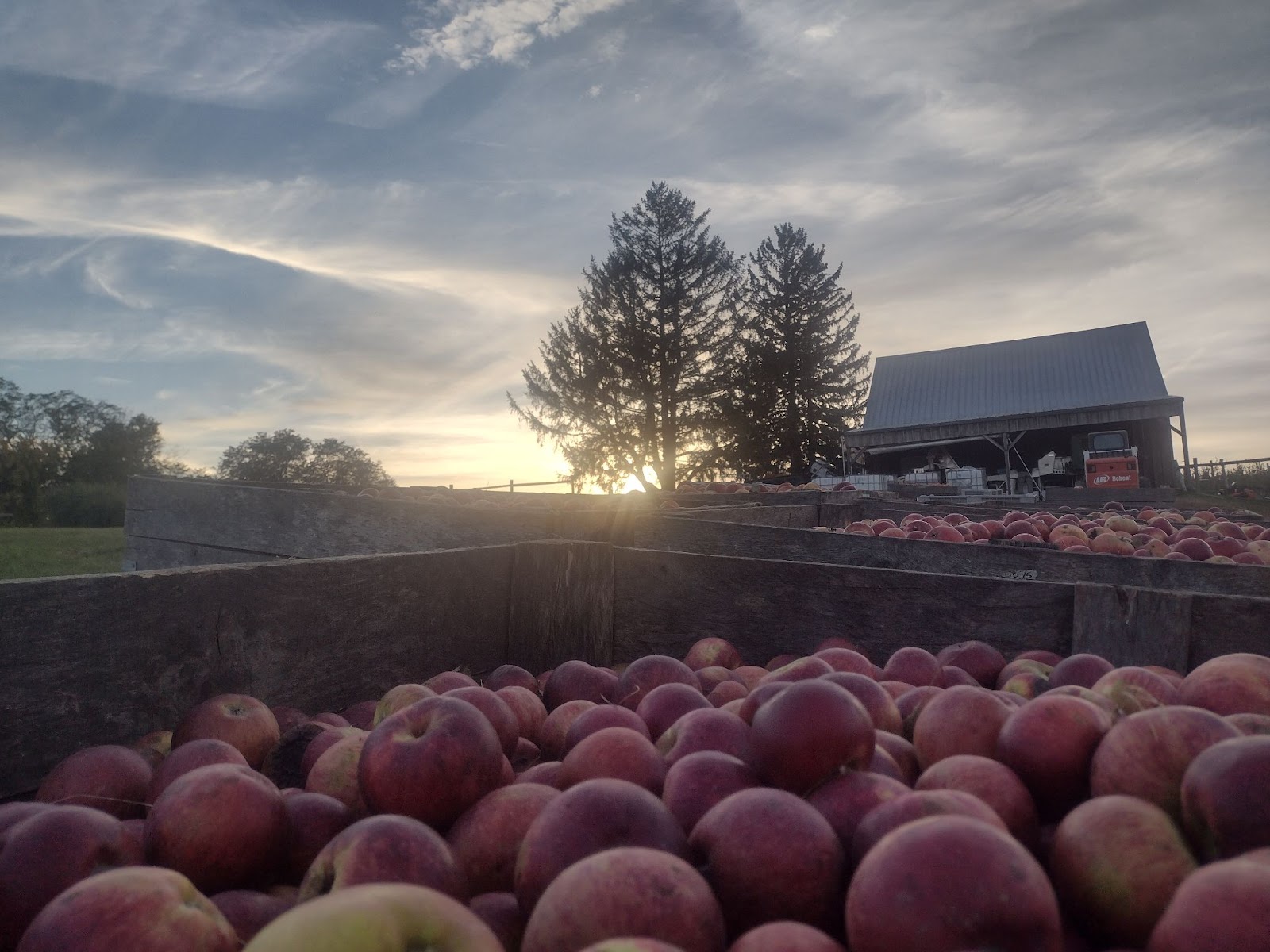
Photo Courtesy The Cider Farm
The Cider Farm builds its brand on “very high quality, organic ingredients that are rare in America,” Biondi said. “Our specialty apples give our ciders a complexity that is dramatically different than mass-market ciders and apple brandies. We are now seeking to build a hospitality concept around our products and other food and beverage products from local, sustainable suppliers.”
Most U.S. mass-market ciders are made from table apple juice concentrate, according to Biondi — and most of that comes from China.
“This apple juice base doesn’t provide much flavor when fermented, which is why this category of ciders has lots of sugar added and secondary fruits and flavors,” Biondi said. “Our ciders are very wine-like and complex, not sweet or flavored. Sales of mass market ciders are declining year on year, while sales of our type ciders have been increasing substantially.”
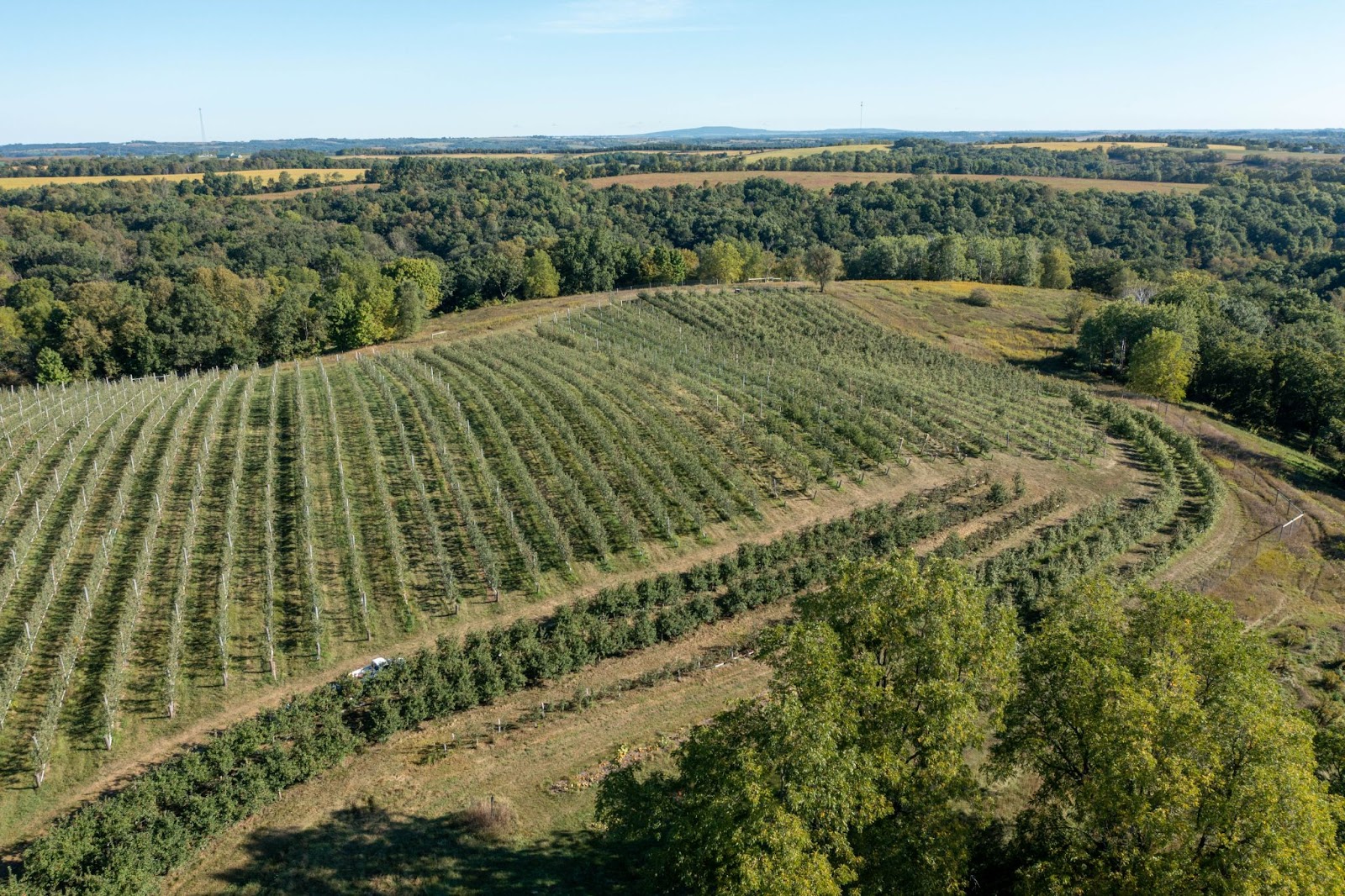
Photo Courtesy The Cider Farm
The Cider Farm’s products are sold through distributors in Wisconsin and Illinois.
It also has its own cidery and retail tasting room in Madison, Wisconsin, and plans to open a full-service restaurant based on its products later this year.
Biondi has plenty of expertise in helping build businesses from the ground up. According to his LinkedIn profile, he’s a former director of the D2P initiative at the University of Wisconsin-Madison. D2P’s mission was to take innovations from the lab or dorm room to market. Of the 30 projects the initiative worked with, 17 became startup companies.
Biondi’s business background proved invaluable as The Cider Farm navigated the market impact of COVID-19, which hit many alcoholic beverage companies hard.
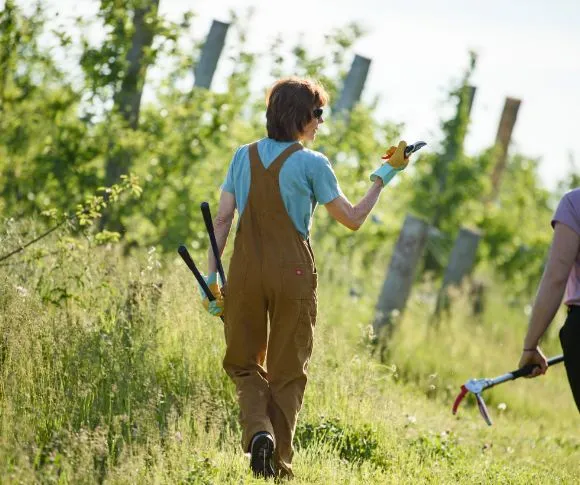
Photo Courtesy The Cider Farm
“Craft beer, wine, and mass-market ciders have all declined in sales since the pandemic,” Biondi said. “While our cider subcategory has grown, it is a very small niche of the overall alcoholic beverage market.”
“We have been steady and careful to cultivate a high-quality reputation for our brand,” Biondi continued. “Rather than try to expand rapidly through distribution — which is very hard and expensive for a small brand — we have slowly developed a retail presence and concept that we are now ready to scale.”

